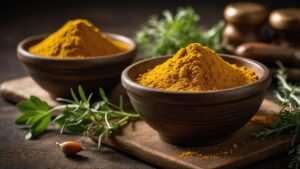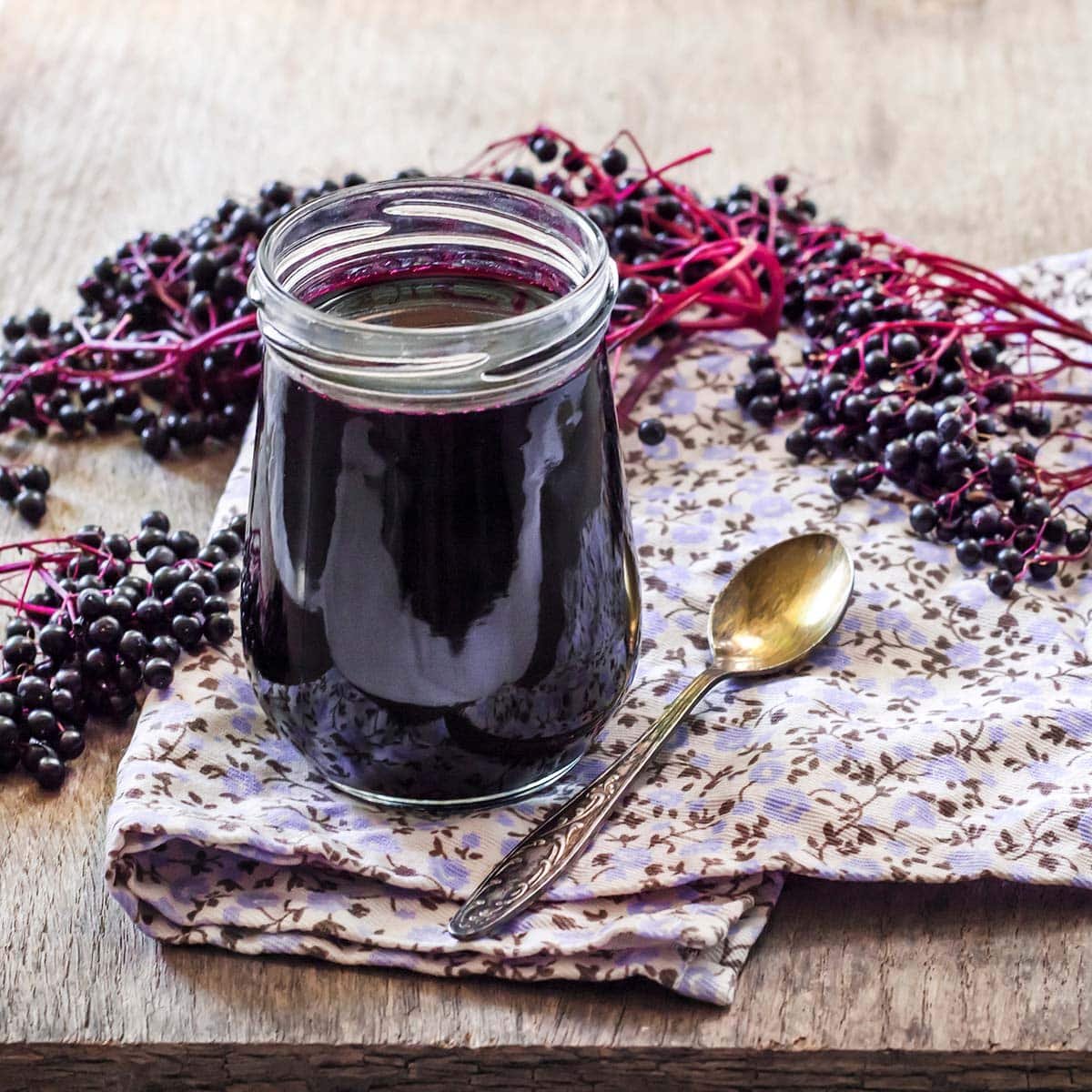Carob for Athletes: Your Natural Boost for Endurance, Recovery, and Peak Performance
For those of us dedicated to training, whether it’s on the field, in the gym, or out on a long trail, fuel is everything. And while popular sports drinks and energy bars are common choices, there’s a natural alternative that might surprise you: carob. Once overshadowed by chocolate and other energy boosters, carob is making its mark in the world of fitness. It brings sustained energy, essential minerals, and unique benefits that make it an ideal choice for athletes seeking natural, nutritious fuel.
Personally, I found my way to carob a bit by accident. A few years ago, I was training for a triathlon and struggling with typical energy snacks. They gave me the boost I needed but left me feeling depleted, hungry, and even jittery post-workout. A fellow athlete introduced me to carob, and from the first taste, I felt the difference. Not only did it give me a steady energy flow, but it also tasted rich and slightly sweet, like a lighter, caffeine-free chocolate. Since then, carob has become a staple in my training diet, and I’ve seen it work wonders for others too.

Let’s dive into how carob supports athletes, the science behind it, and ways to incorporate it into your fitness routine. Plus, I’ll share some of my favorite carob-based recipes that can easily replace your usual energy snacks.
Nutritional Powerhouse: Why Carob Supports Endurance and Performance
Sustained Energy Without the Sugar Crash
For athletes, maintaining stable energy is crucial. Carob stands out as a fitness food because of its unique carbohydrate profile. It contains natural sugars combined with a generous amount of dietary fiber. This means that the sugars in carob are absorbed slowly, providing a more gradual release of energy. This is especially beneficial for athletes, as it helps to prevent the sharp blood sugar spikes and crashes commonly experienced with other snacks high in simple sugars.
When I first started incorporating carob into my routine, I noticed that during long runs, I didn’t need to reach for as many quick-fix snacks. I felt less hungry and more satisfied, without the sugar rush. The fiber in carob helps balance blood sugar levels, making it a perfect addition for anyone who wants a more even, reliable energy source during workouts.
Here’s a quick comparison between carob-based snacks and conventional sugary energy bars for a better understanding:
| Feature | Carob-Based Snacks | Sugary Energy Bars |
|---|---|---|
| Energy Release | Slow, sustained | Rapid, leading to crashes |
| Fiber Content | High | Low |
| Blood Sugar Impact | Low-Glycemic | High-Glycemic |
| Mineral Content | Rich in calcium, potassium | Varies, often low |
Packed with Calcium, Magnesium, and Potassium
As athletes, we know minerals are essential not only for peak performance but for our health and recovery. Carob contains high levels of calcium and potassium, both critical for muscle function, bone health, and maintaining the electrolyte balance necessary for intense workouts. Magnesium, also present in carob, helps muscles relax and recover after training, reducing the risk of cramps and spasms.
In my experience, I’ve noticed fewer cramps and a quicker recovery time when I’ve had carob-based snacks before and after workouts. Potassium, in particular, is something many athletes overlook, yet it’s essential for balancing fluids in our body. The natural potassium content in carob helps to prevent dehydration-related muscle cramps, while the magnesium and calcium work together to support bone density and healthy muscle contractions.
Carob as a Recovery Food: Helping Your Muscles Heal Faster
High in Antioxidants
Carob’s antioxidant-rich profile provides another level of recovery support. When we work out, especially in high-intensity settings, our bodies produce free radicals. These molecules can damage cells and lead to increased muscle soreness and longer recovery times. Antioxidants combat this oxidative stress, helping our muscles to recover faster and reducing inflammation.
Interestingly, carob contains polyphenols—potent antioxidants that have been shown to reduce inflammation. This was something I noticed after a few weeks of regularly consuming carob post-workout; I felt less sore the next day, even after intense sessions. My friend who recommended carob swears by it for this reason alone, as she’s found it reduces her recovery time significantly compared to other snacks.
Rich Source of Protein When Combined with Other Ingredients
While carob alone is not high in protein, it pairs excellently with protein-rich foods. I usually blend carob with almond butter, seeds, or a scoop of protein powder for a balanced post-workout snack. This combination offers an ideal nutrient mix to repair muscle tissue and kickstart recovery. Here’s an example of a post-workout smoothie I love:
Carob and Almond Butter Protein Shake Recipe
- 1 tablespoon carob powder
- 1 banana
- 1 tablespoon almond butter
- 1 scoop protein powder
- 1 cup almond milk or water
- A handful of spinach (optional)
This shake is creamy and sweet, perfect for muscle recovery. It’s a filling option that doesn’t rely on refined sugars or artificial flavors.
Easy Carob Recipes for Pre- and Post-Workout Nutrition
Carob Banana Protein Shake
This carob protein shake is one of my go-to pre-workout options. It’s filling, easy on the stomach, and packed with natural carbohydrates for energy.
Ingredients:
- 1 banana
- 1 tablespoon carob powder
- 1 scoop plant-based protein powder
- 1 cup almond milk
- 1 tablespoon almond butter
Instructions:
- Blend all ingredients until smooth.
- Enjoy as a pre-workout boost or a post-workout recovery shake.
Homemade Carob Energy Bars
Ingredients:
- 1 cup oats
- 2 tablespoons carob powder
- 1/2 cup mixed nuts and seeds (like almonds, chia, and flax)
- 1/4 cup honey or maple syrup
- 1/4 cup almond butter
Instructions:
- Mix all ingredients together in a bowl.
- Press into a pan and refrigerate for 1–2 hours.
- Slice into bars and store in the fridge for an easy grab-and-go snack.
These bars are not only packed with energy but are also easy to make, store, and bring along for any activity. You’ll feel the difference in your stamina without the sugar spikes.
Why Carob Beats Sugary Energy Snacks
Lower Glycemic Index
Carob’s natural sugars release slower, keeping energy levels stable. Since using carob-based snacks, I’ve experienced fewer “energy crashes” during workouts. For athletes, this makes carob an ideal choice for long-lasting energy without sugar spikes.
Whole Food Nutrition Without Additives
What I love about carob is that it’s a whole food. There’s no need for additives or fillers, making it cleaner and healthier than many processed energy bars. When I consume carob, I feel like I’m feeding my body with something real, with nutritional value that goes beyond just calories.
Incorporating Carob into Your Fitness Routine
If you’re new to carob, start small. Try adding a teaspoon of carob powder to smoothies, oatmeal, or even protein pancakes. Its naturally sweet flavor complements a wide range of foods, and it’s easily adaptable. Here’s how you can add carob in various meals throughout the day:
| Meal | Carob Addition |
|---|---|
| Breakfast | Add to oatmeal or smoothies |
| Snack | Mix in homemade energy bars |
| Pre-Workout | Blend into protein shakes |
| Post-Workout | Include in protein smoothies or snacks |
Carob’s Versatility: A Cocoa Alternative and More
Carob is often compared to cocoa, but it has unique properties that make it valuable beyond simply replacing chocolate. It’s caffeine-free, meaning it’s suitable for those avoiding caffeine or looking for an evening energy source without the risk of disrupted sleep. Many athletes I know have found carob to be a gentler option on their stomachs, especially before or after a workout.
For chocolate lovers, carob’s subtly sweet flavor provides a satisfying alternative. I have a friend who struggled with chocolate-induced acid reflux and found carob to be a perfect swap. It satisfied her chocolate craving without the discomfort, especially when she mixed it with almond butter and coconut flakes.
Final Thoughts
Carob is more than just a chocolate substitute; it’s a nutrient-rich powerhouse for athletes. With its unique balance of minerals, fiber, antioxidants, and slow-releasing natural sugars, it supports
endurance, muscle recovery, and overall performance. Personally, I’ve felt the benefits in both my energy levels and recovery, making it a staple in my fitness diet.
If you’re looking for a natural boost in your athletic routine, give carob a try. It’s a versatile, whole-food solution that can help you feel stronger, recover faster, and reach new fitness heights. Whether you’re a casual gym-goer or a dedicated athlete, carob’s benefits are worth exploring.








